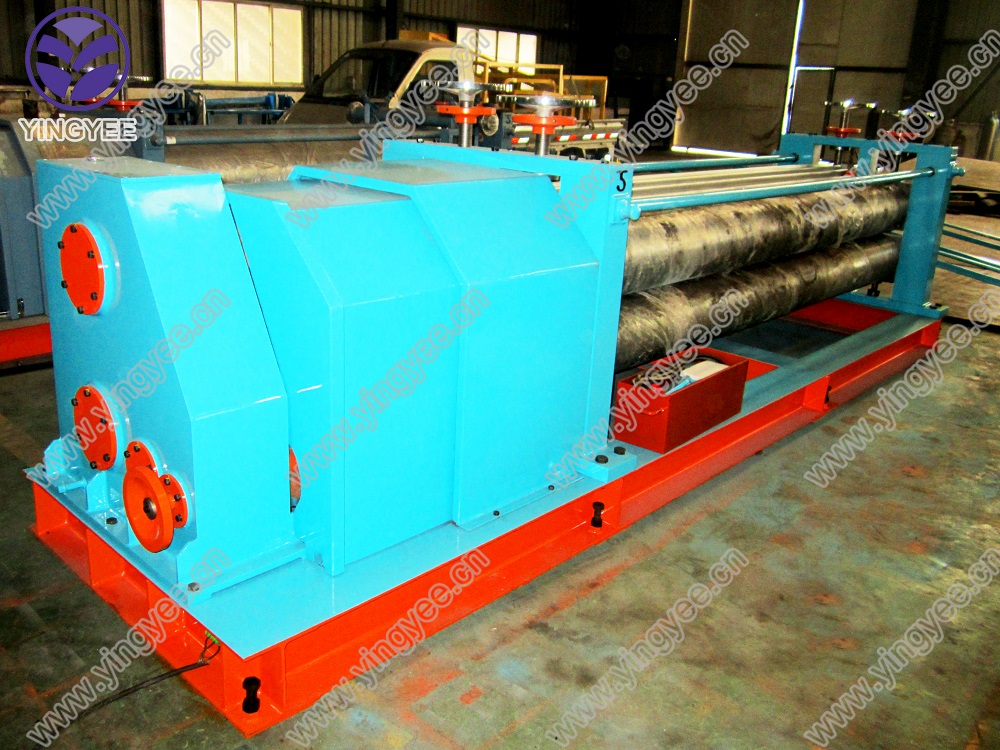
The Silo Roll Forming Machine A Revolutionary Tool for Modern Agriculture
In the ever-evolving landscape of agriculture, efficiency and reliability are paramount. As farmers strive to optimize their operations, the role of advanced machinery has never been more critical, particularly when it comes to storage solutions. Among the innovative tools gaining traction in the agricultural sector is the silo roll forming machine. This remarkable piece of equipment not only streamlines the production of silos but also enhances the overall effectiveness of grain storage systems.
Understanding the Silo Roll Forming Machine
A silo roll forming machine is a specialized device designed to produce cylindrical metal structures known as silos. These silos are primarily used for the storage of bulk materials, particularly grains like corn, wheat, and rice. The machine operates by taking flat steel sheets and progressively forming them into the desired shape through a series of rollers. This continuous bending process results in consistent thickness and strength, which are essential qualities for any storage solution.
The efficiency of the silo roll forming machine is one of its most compelling features. Traditional methods of silo construction often involve labor-intensive processes and considerable waste. In contrast, the roll forming method utilizes materials more effectively and minimizes the time taken to construct silos. This translates into significant cost savings, making the technology an attractive option for farmers looking to enhance their operation without overspending.
The Advantages of Using a Silo Roll Forming Machine
1. Cost-Effectiveness One of the most significant advantages of using a silo roll forming machine is its ability to reduce material costs. The process minimizes waste, ensuring that every part of the steel sheet is utilized. Many farmers have reported substantial savings on material costs when switching to roll forming technology.

2. Customization Modern silo roll forming machines come equipped with advanced control systems, allowing for precise adjustments during the production process. This means that farmers can customize the size, height, and diameter of the silos according to their specific needs. Customized solutions lead to improved storage capabilities and ultimately higher efficiency in managing grain supplies.
3. Durability and Strength The silos produced by these machines boast superior structural properties. The continuous forming process enhances the strength of the metal, ensuring that the final product can withstand the pressures of weather and the weight of the stored materials. This level of durability translates into fewer replacements and repairs over time, further solidifying the investment.
4. Ease of Use Silo roll forming machines are designed to be user-friendly, often featuring automated systems that require minimal manual intervention. This ease of operation not only speeds up production but also lowers the risk of errors during the manufacturing process.
5. Increased Production Speed With the ability to produce silos quickly and efficiently, farmers can increase their storage capacities in a fraction of the time previously required. This rapid production capability allows for timely storage before harvest seasons, ensuring that grains can be stored promptly and in optimal conditions.
Conclusion
The introduction of the silo roll forming machine represents a significant shift in the agricultural landscape, enhancing both the efficiency and effectiveness of grain storage solutions. With benefits that include cost savings, ease of use, and customization options, it is no surprise that many farmers are adopting this technology as part of their operations. As the demand for efficient grain storage continues to rise, the silo roll forming machine stands at the forefront, embodying the innovation and progress needed to meet the challenges of modern agriculture. This sophisticated machinery not only helps farmers safeguard their harvests but also contributes to the overall sustainability and productivity of the agricultural sector. As we look to the future, embracing such technologies will be essential for ensuring food security and reliability in our food supply chain.